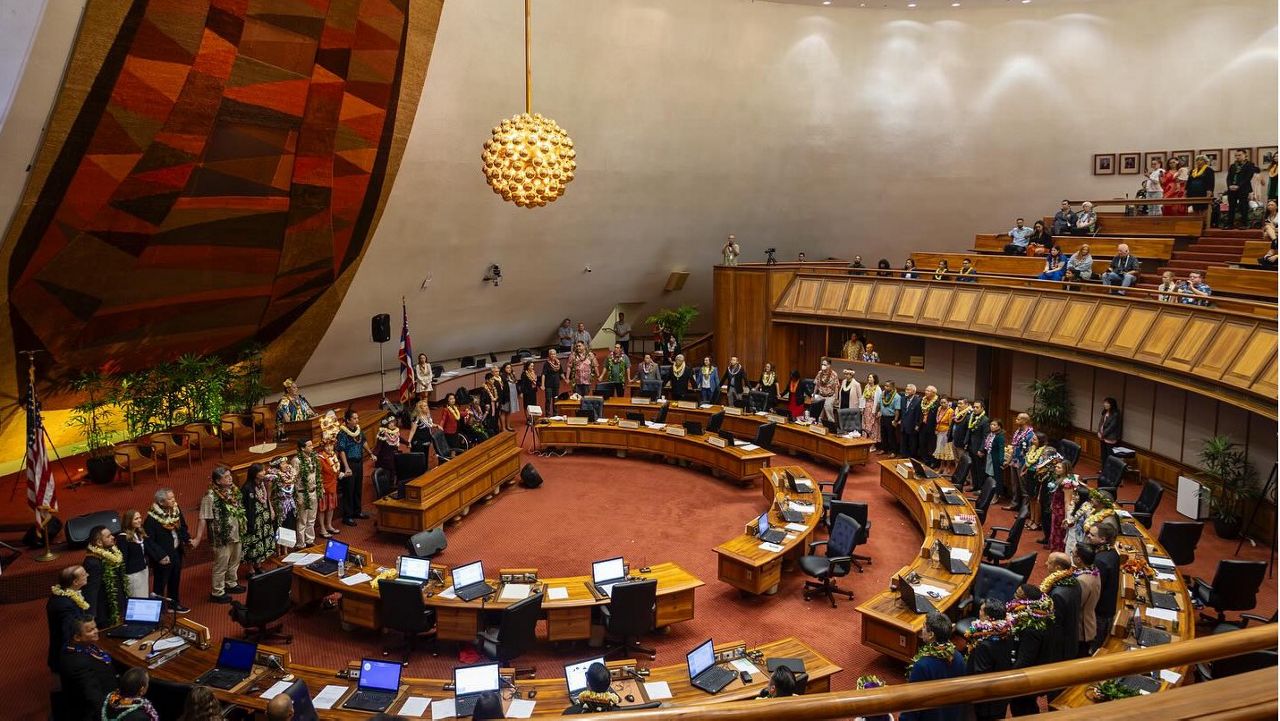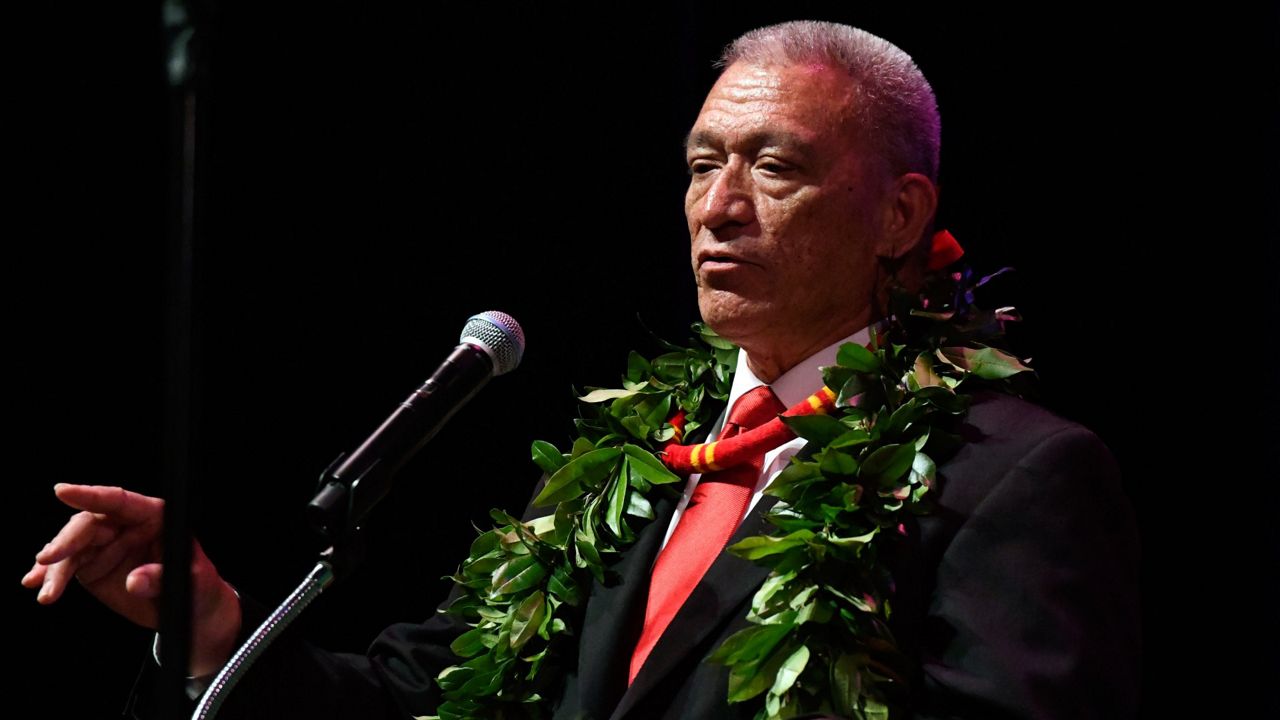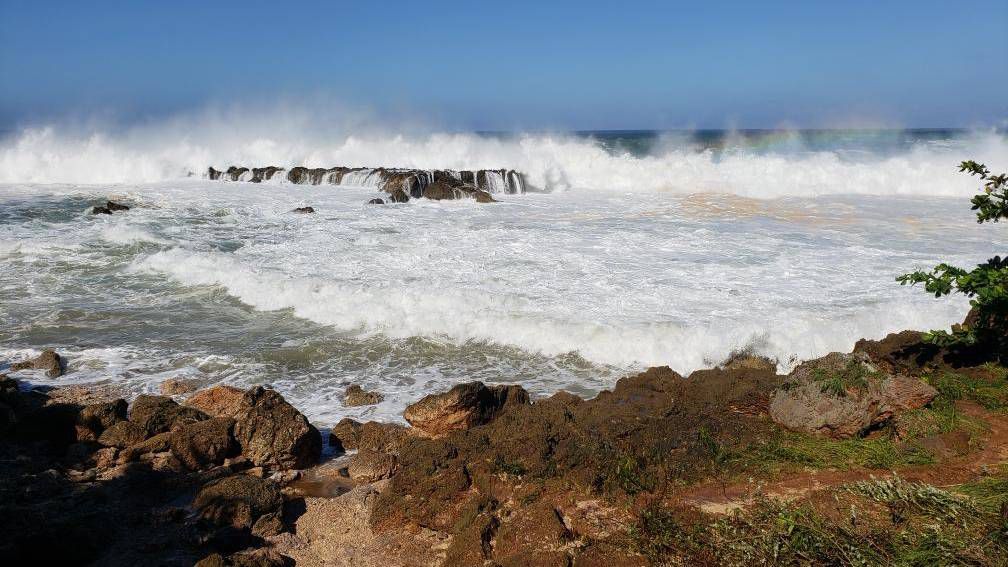HONOLULU — The state Legislature adjourned sine die on Friday, capping a four-month effort to make headway on affordable housing, cost of living, homelessness and other pressing matters while also taking into account the fiscal constraints necessitated by the ongoing Maui wildfire recovery efforts.
The formal adjournment of the 32nd Legislature also capped a hectic week of last-minute votes in both chambers and several key enactments by Gov. Josh Green. On May 1 alone, the House passed the state budget — House Bill 1800, Conference Draft 1 — and registered final votes on nearly 200 other pieces of legislation.
“This has been an incredibly productive session,” said House Speaker Scott Saiki. “Throughout the past four months, the House made significant progress in priority areas of affordable housing, cost of living, public safety, and wildfire prevention and recovery. We have passed quality legislation that delivers monumental tax relief to Asset Limited, Income Constrained, Employed families, who will experience firsthand one of the biggest tax cuts in the state’s history.”
Prior to its closing day ceremonies, the Senate gave final approval to several resolutions and approved on final reading three weighty appropriations measures:
- House Bill 40, Senate Draft 1, Conference Draft 2, appropriates $300 million to the state’s rainy day fund and $135 million to the pension accumulation fund.
- Senate Bill 3026, Senate Draft 1, House Draft 1, Conference Draft 2, appropriates $470 million for Maui wildfire recovery efforts.
- House Bill 2374, House Draft 1, Senate Draft 2, Conference Draft 2, appropriates $375 million for pandemic hazard pay for government workers.
In brief closing remarks, Senate President Ron Kouchi spoke to the chamber’s efforts to make sound, long-term fiscal decisions that allow the state to weather unforeseen challenges and take advantage of unexpected good fortune.
“Last year, when we adjourned, I was in full support of the decision of the (ways and means) chair and the finance chair to add money to the rainy day fund and we were roundly criticized for that decision because we were told, in no uncertain terms, that it is raining in Hawaii now,” Kouchi said. “And how can you leave out so many who need help and put the money in the rainy day fund? We were not adjourned for a month before the Council on Revenues came back and said in the latest economic forecasts, we are $1 billion short of the budget we adopted.”
Kouchi noted that Green was able to take $500 million from the rainy day fund and $500 million in Capital Improvement Project funds to immediately balance the budget without jeopardizing jobs and without interfering with the delivery of any of services already approved in the budget.
“And then, lo-and-behold, just over two months later, the devastating fires in Lahaina — and, boy, was that money needed,” he continued. “Then, as we started this session, we were so worried that everybody was going to have to make a collective sacrifice to help our ohana in Maui because of the devastation of the fires and what we thought would happen to our economic outlook. But instead, we at least got a flat revenue projection which allowed all of the great things to happen that the WAM chair has worked out with the different committee chairs, tax relief, affordable housing money, forgiveness of the general excise tax on Medicare, Medicaid and TRICARE to help retain local doctors and dentists and a host of other things. The grants in aid, which we thought may be eliminated, we’re able to do.
Kouchi said that, despite this, people questioned the need to appropriate another $300 million into the rainy day fund this year.
“How many lessons do we need to have in this community for you to understand that we are showing fiscal restraint — prudence — while delivering what I believe is a great product for the people of the state of Hawaii.”
House finance chair Kyle Yamashita echoed Kouchi’s sentiments on fiscal responsibility amid ongoing Maui wildfire recovery needs.
“We approached the crafting of the state budget with careful consideration, reflecting the House’s dedication to fiscal prudence, accountability, and transparency,” Yamashita said. “As we commenced this legislative session, our immediate focus remained to address the Maui wildfire recovery efforts, prioritizing safety and rehabilitation of our communities while ensuring core services for our state were not neglected. Despite funding uncertainties, the fiscal year 2024-2025 budget reflects our shared dedication to ensuring adequate resources for mental health services, health care for the disabled and elderly, business and workforce development, child care and education, affordable housing and public welfare.”
In the days leading up to the May 3 adjournment, the governor was active in enacting several key measures, including SB 582 SD2 HD1, CD1, which allocates $362 million in emergency funds to support Maui wildfire survivors and bolster the state’s One Ohana Fund.
“The progress made in securing long-term housing for wildfire survivors is a testament to the determination of our state,” Green said. “We will continue working tirelessly to ensure that every survivor has a safe and stable place to call home,” Gov. Green said. He thanked his legislative counterparts for their work in providing the crucial emergency appropriations for the continued recovery.”
Green also signed off on SB 2919, SD2, HD2, CD1, which clarifies the authority of individual counties to “control the time, place, manner and duration of land uses, particularly short-term rentals and other transient accommodations.
“As we press forward with our ongoing wildfire response and recovery efforts, SB 2919 will be a pivotal tool to address Hawaii’s housing crisis, while ensuring our essential housing programs for Maui recovery remain robust,” Green said.
In addition, Green gave final approval to a half-dozen “good governance” bills designed to promote public trust and citizen participation and enhance openness in decision-making processes across the state.
The measures address public access to open meetings, the equitable release of digital voter information guides, fines for violations of conduct and lobbying laws, and transparency in disaster relief funds.
Michael Tsai covers local and state politics for Spectrum News Hawaii. He can be reached at michael.tsai@charter.com.








